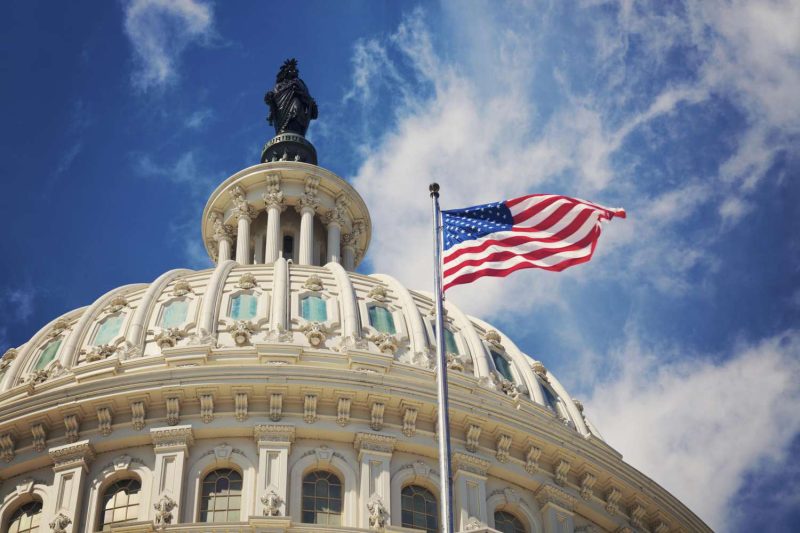The U.S. House Committee on Financial Services, together with the Agriculture Committee, is urging the Senate to advance the Digital Asset Market Clarity (CLARITY) Act. This bill aims to create a unified regulatory framework for digital assets, providing much-needed certainty for the crypto industry.
Bipartisan Support and Industry Backing
The CLARITY Act has already cleared both House committees with strong bipartisan support. Lawmakers argue the bill delivers three essential benefits:
- Greater consumer protections
- Long-term stability for builders and investors
- Stronger incentives to keep crypto innovation within the U.S.
Prominent industry figures and organizations, including Coinbase, a16z’s Chris Dixon, and the Decentralization Research Center, have rallied behind the measure. They stress that clear rules are crucial for U.S. leadership in blockchain innovation.
Originally introduced in May 2025, the bill passed the House on July 17 with a 294–134 vote, including support from 78 Democrats. The legislation defines digital commodities, primarily placing oversight with the CFTC while giving the SEC jurisdiction in specific cases. It also covers trade monitoring, customer asset segregation, provisional registration, and anti-money laundering obligations under the Bank Secrecy Act.
Senate’s Draft Version
While the House presses forward, the Senate is crafting its own market-structure proposal. In July, the Senate Banking Committee, led by Sen. Tim Scott and Sen. Cynthia Lummis, released a discussion draft. Their version builds on the CLARITY Act and introduces:
- Ancillary asset definitions
- Self-certification procedures
- A micro-innovation sandbox
- Expanded bank participation in crypto activities
The Senate Agriculture Committee is expected to add its own CFTC-related provisions soon, with a committee vote targeted for September 30.
Many advocates view the CLARITY Act as a critical first step toward reconciling House and Senate versions into one comprehensive framework. Because the bill has already shown strong bipartisan support, observers believe it would likely pass the House again once aligned with the Senate’s proposal.
If enacted, the law could deliver the clarity businesses and regulators have long sought, positioning the U.S. to lead in the global digital asset race. The Senate’s additions may complicate negotiations but could also result in a more well-rounded regulatory structure.
